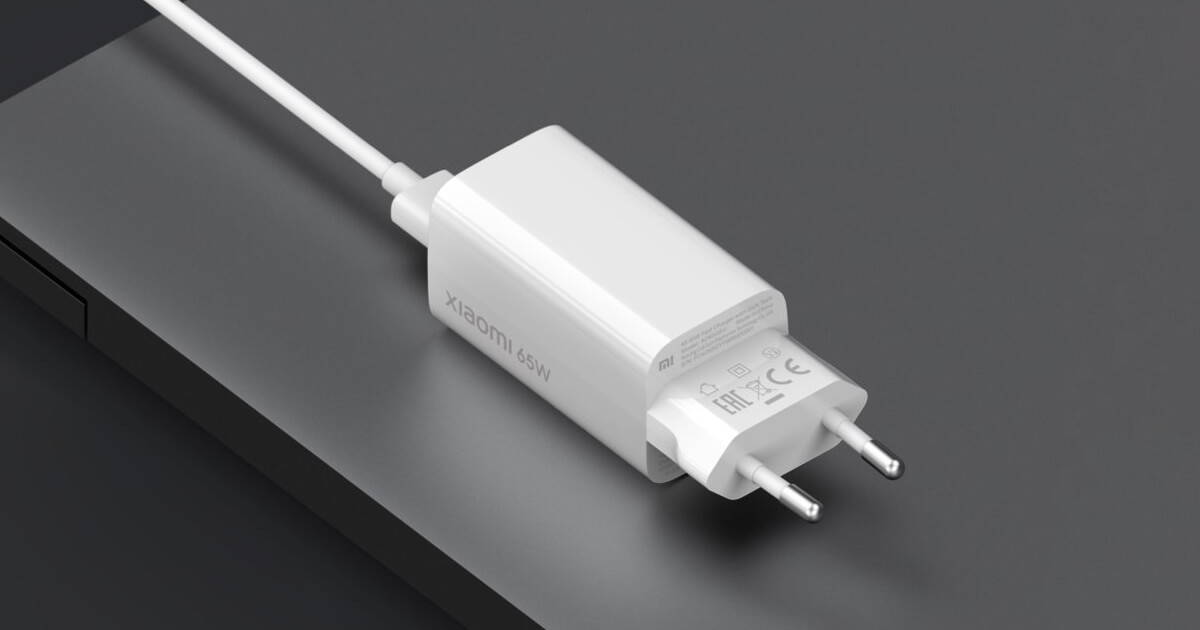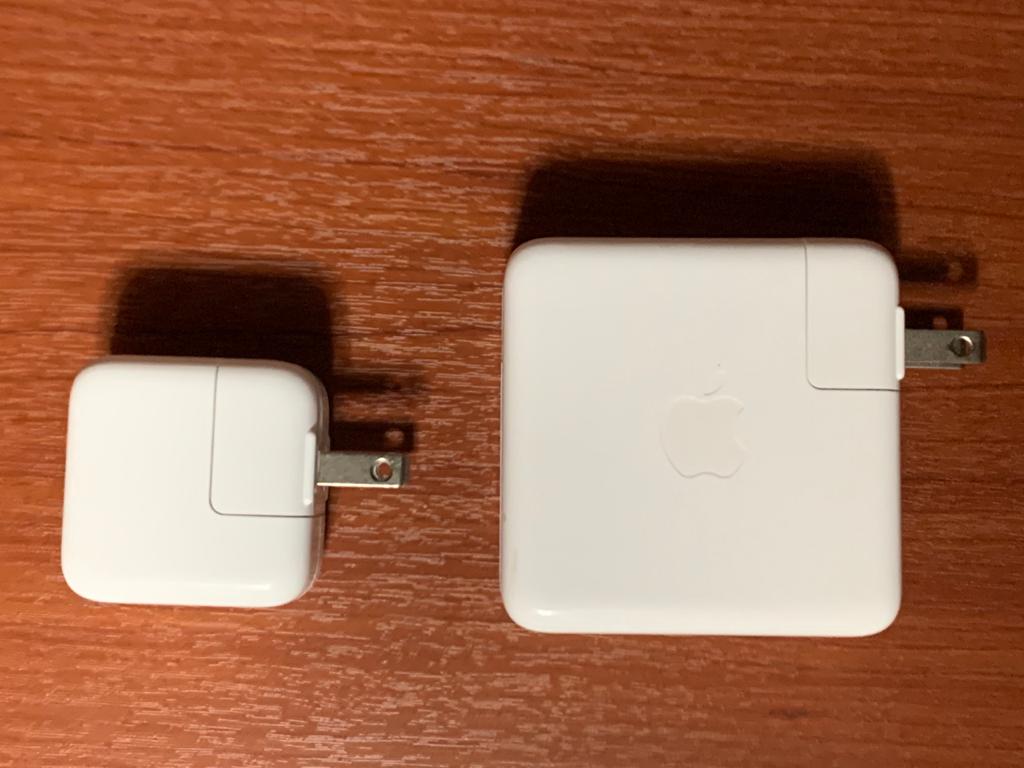Apple’s future plan for next-gen power adapters
- These adapters will be based on ‘GaN’ technology.
- Apple is expected to place orders for these adapters to Navitas this year.
- They are unlikely to make it to the market this year.
Rumors are circulating that Apple plans to replace their current silicon-based power adapters with a smaller and lighter GaN USB-C power adapter. GaN stands for ‘Gallium Nitride,’ a technology which would enable the adapter to have better power efficiency and lower heat. This technology would likely allow for faster charging speeds, as well as an overall smaller footprint and lighter weight.
 Currently, there are several manufacturers including Navitas Semiconductor, Power Integrations and Innoscience supplying fast charging solutions based GaN-on-Si chip chargers, according to DigiTimes. Apple is expected to place a large number of orders for fast charging solutions based on GaN technology to Navitas, with Apple's chipmaking partner TSMC supplying Navitas with GaN-on-Si chips. Navitas is expected to start receiving orders from Apple in 2021 — however, it is still unlikely this refreshed adapter will make it to market this year.
Currently, there are several manufacturers including Navitas Semiconductor, Power Integrations and Innoscience supplying fast charging solutions based GaN-on-Si chip chargers, according to DigiTimes. Apple is expected to place a large number of orders for fast charging solutions based on GaN technology to Navitas, with Apple's chipmaking partner TSMC supplying Navitas with GaN-on-Si chips. Navitas is expected to start receiving orders from Apple in 2021 — however, it is still unlikely this refreshed adapter will make it to market this year.
 Several brands such as Xiaomi, Dell, Lenovo and Aukey have already adopted GaNFast technology based chargers. GaNFast is a Gallium Nitride solution designed by Navitas and found in some of the most popular fast chargers around the world. If these rumors end coming true, we may see these chargers as standalone accessories — considering the fact that Apple no longer includes a charging brick in the box for their iPhone range.
Several brands such as Xiaomi, Dell, Lenovo and Aukey have already adopted GaNFast technology based chargers. GaNFast is a Gallium Nitride solution designed by Navitas and found in some of the most popular fast chargers around the world. If these rumors end coming true, we may see these chargers as standalone accessories — considering the fact that Apple no longer includes a charging brick in the box for their iPhone range.

Recommended by the editors:
Thank you for visiting Apple Scoop! As a dedicated independent news organization, we strive to deliver the latest updates and in-depth journalism on everything Apple. Have insights or thoughts to share? Drop a comment below—our team actively engages with and responds to our community. Return to the home page.Published to Apple Scoop on 10th January, 2021.
No password required
A confirmation request will be delivered to the email address you provide. Once confirmed, your comment will be published. It's as simple as two clicks.
Your email address will not be published publicly. Additionally, we will not send you marketing emails unless you opt-in.